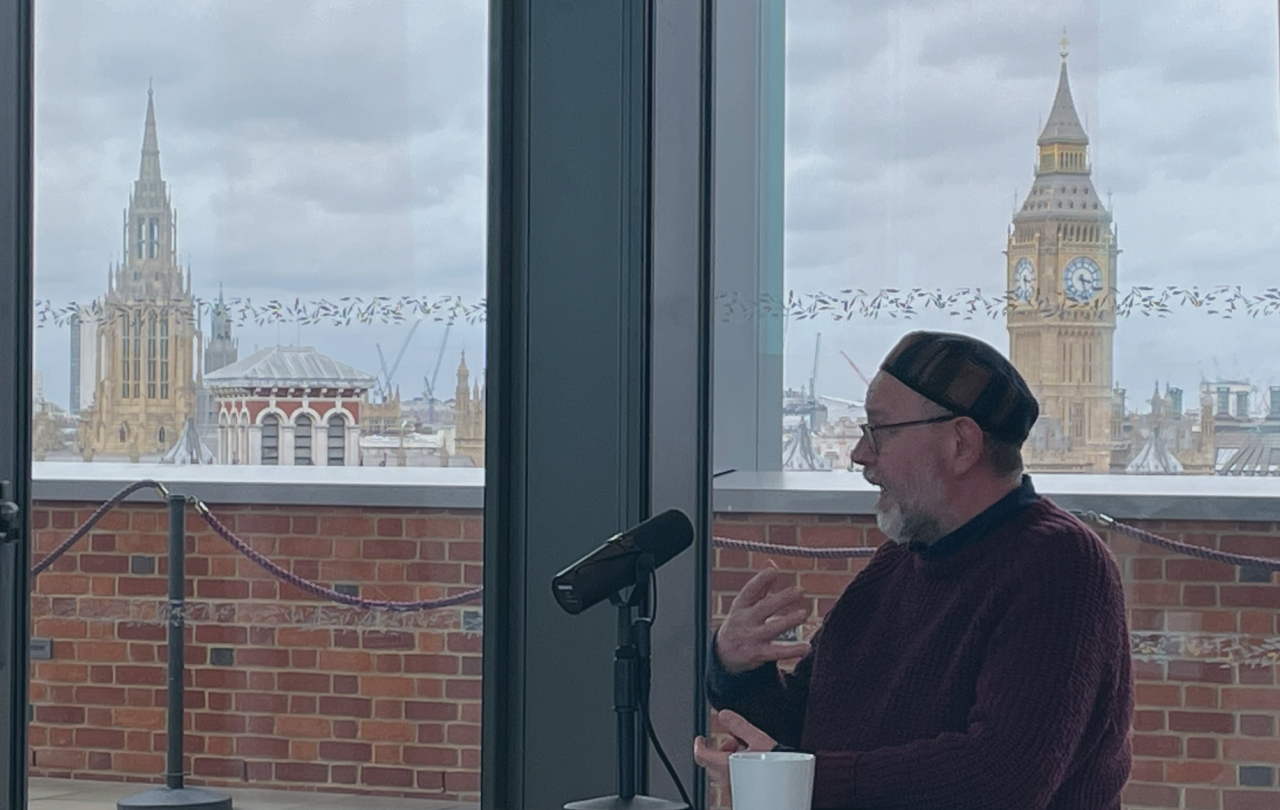Ruth & Boaz is a contemporary version of the most memorable love story in the Bible. The film tells the story of Ruth, a young woman who escapes the Atlanta music scene to care for an elderly widowed woman. Not only does Ruth gain the mother she never had, she also finds the love of her life in the process.
The story of Ruth and Boaz is a straight up love story, and it serves as a much-needed respite from the biblical levels of violence in the books that precede and follow it in the Bible. So a modern update of the Ruth and Boaz story serves as good material for a heartfelt, sincere romance.
As part of Atlanta pop duo 404, Ruth Moabley (Serayah) is a talented singer who, after the death of her boyfriend and his father, is desperate to escape her menacing manager. Ruth makes the impulsive decision to join her late boyfriend's mother Naomi, (Phylicia Rashad) as they both leave Atlanta for a small town in Tennessee to start over from scratch. The only job she can find involves labouring at a local vineyard, leading her to owner Bo "Boaz" Azra, (Tyler Lepley) who falls for Ruth the moment he lays eyes on her. Ruth holds tight to her faith and slowly begins to accept love, but her past is soon to catch up with her.
One of the joys of adapting a Bible story is often the characterisation. Phylicia Rashad’s Naomi is a complex, contradictory figure whose manifestations of grief are not always that sympathetic, pushing away all but the most insistent of helpers like Ruth. As the titular character, we spend a lot of time with Serayah’s Ruth. Making her a singer helps to flesh out the character to an extent, but the scenes where her individuality gets to shine are notable by their infrequency.
Tyler Lepley’s turn as Bo Azra is perfectly serviceable. He’s essentially an idealised, handsome and muscled 40-year-old. Bo has a wealth of backstory; we’re told he served two tours in Afghanistan, then worked on Wall Street, and finally returned to his family business of the Azra Vineyard & Winery. Despite this, none of it really shows up in his characterisation. He spends his time being a generous boss, and an all-round basic good guy. All of which is great in real-life but can be a little staid in fiction. There’s very little about him to intrigue us, although questions have to be asked about how, if he’s so dedicated to making his business succeed, he managed to find the time to work on a truly magnificent set of abs.
In a departure from the original Bible story, Ruth begins as a casual worker on Boaz’s vineyard. This is a reasonable change, as the practice of leaving grain after the harvest for widows and orphans to collect just doesn’t fit in a modern context. But in a post #MeToo world, this does create a power imbalance. They attempt to address this power imbalance of employer and employee when Ruth refuses to let Boaz buy her a drink. However, Ruth’s resistance quickly recedes when Boaz introduces her to Rn’B legend, Babyface. In this world, if you want to date one of your employees, all you have to do is introduce her to a Grammy-winning super producer to break down her inhibitions.
All of these shortcomings suggest that the script needed a few more passes, and the saccharine voiceover feels like it’s trying to make up for that. Credibility at times takes a back seat to the gloss of the high production value as almost every other shot looks like it’s promoting a tourist destination. There are moments where it feels like the story is contorting itself in order to be a vehicle for Serayah’s singing talents; which, to be fair, are considerable. Nonetheless, a lot of the tension in the plot hinges on characters not telling each other incredibly important details because of convoluted reasons. It’s a trope that feels a little bit tired. On top of that, the pacing drags until it remembers it has to have a dramatic resolution, which it awkwardly rushes, making the ending feel somewhat unfulfilling.
Ultimately, Ruth & Boaz feels like a romance film made by committee, a Hallmark film with added Bible references and RnB cameos. One could argue that it shines a spotlight on African-American communities in rural America, but the brisk run-time prevents it from revealing anything new, and the light touch characterisation means we don’t really get anything original.






